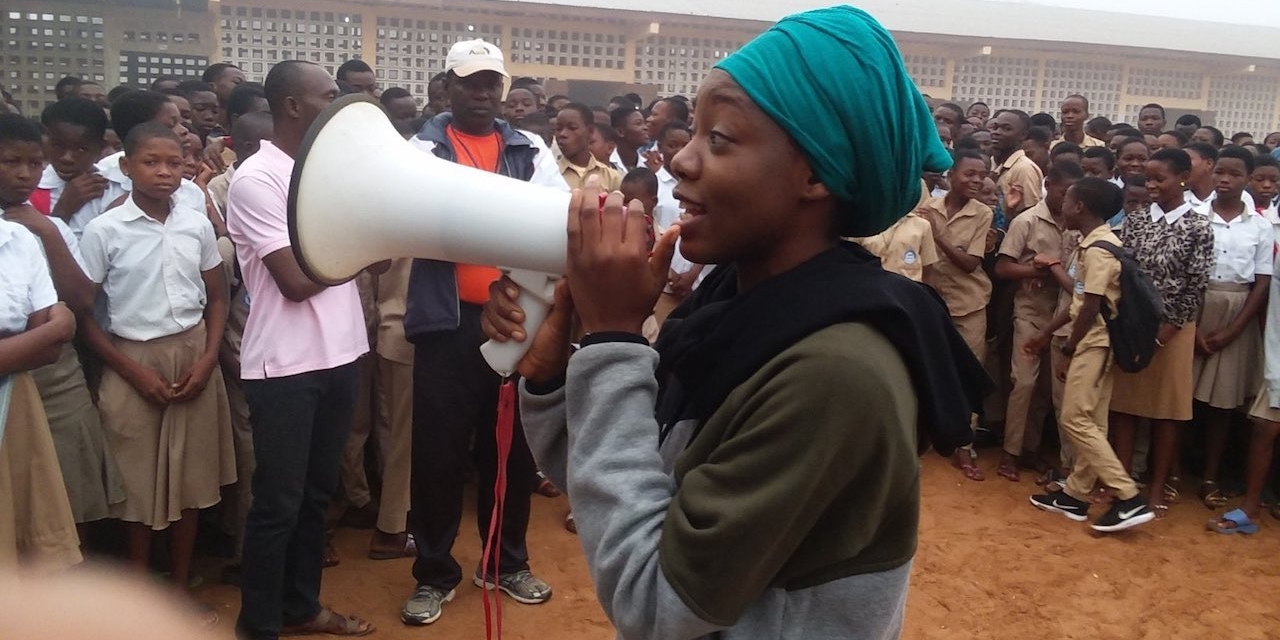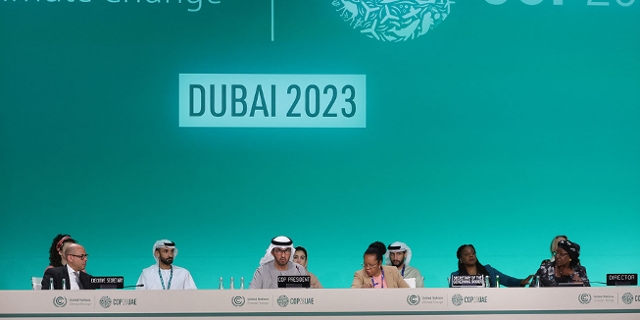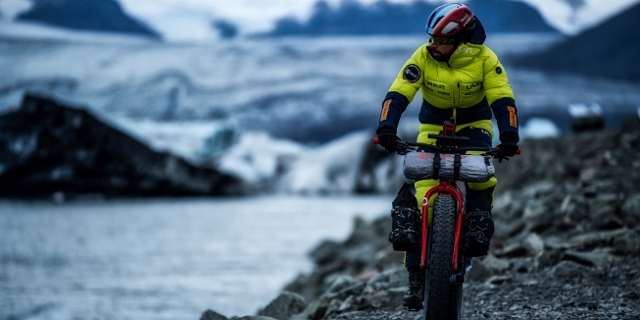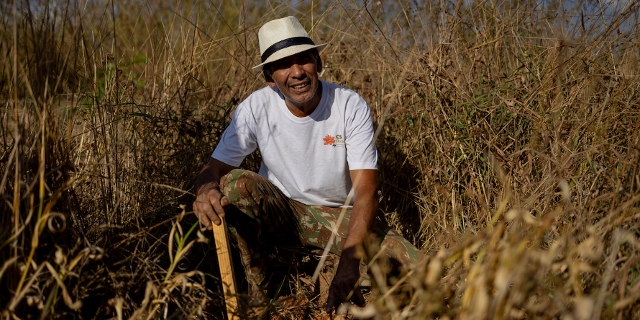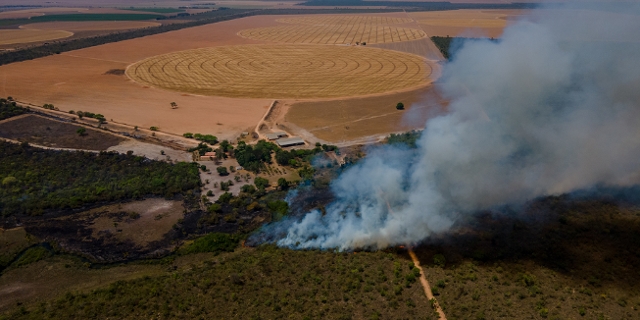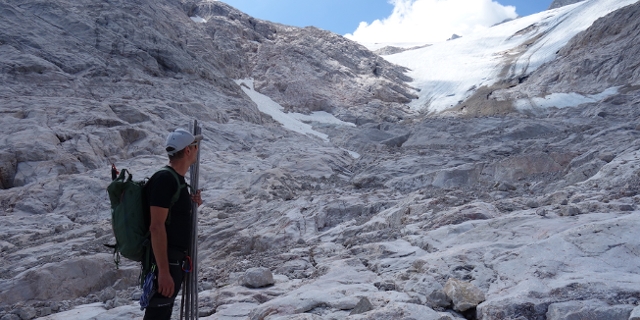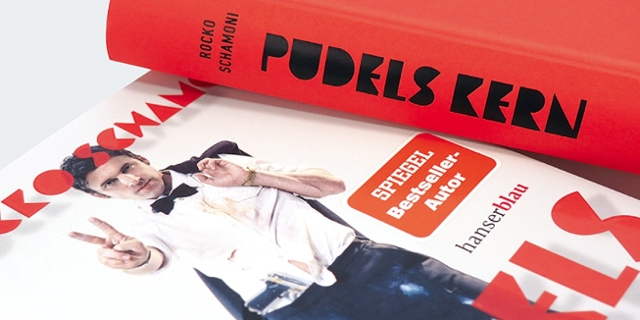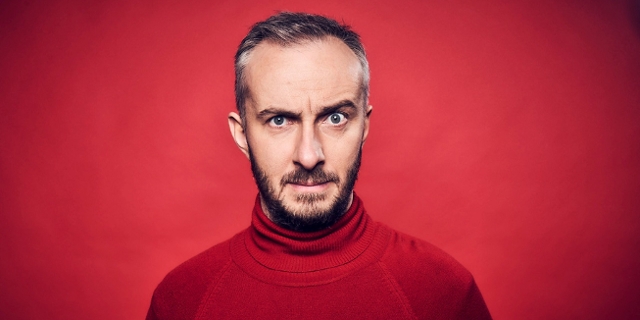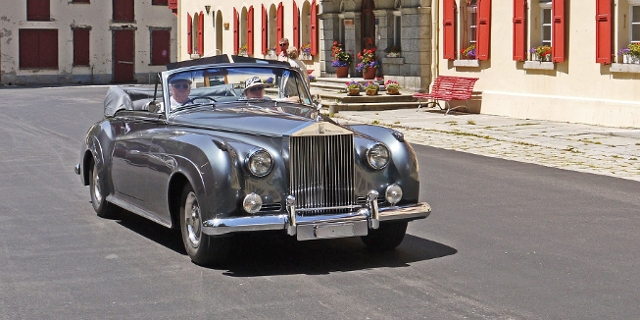Klimanews weekly: „We Are Feeling The Heat. Help Us“
Our emissions are still rising in Austria, even as new urban highway projects are pushed through. These avoidable emissions are fueling a climate crisis that will hurt us all eventually. But right now, unfairly, it is the populations of the world’s poorest countries that are suffering the most.
Kaossara Sani, a young climate activist from Togo, is seeing a rising ocean gobble up her neighbourhood, depriving local fishing communities of their homes and livelihoods.
Every year in Togo, the Gulf of Guinea munches up more than 2 meters of coastline and up to 10 meters in some parts of the country. This coastal degradation causes more than 13,000 deaths a year across West Africa, primarily due to floods, and air and water pollution. It turns the fresh water salty and thereby poisons the soils.
In just one year, 2017, the World Bank estimates such environmental damage in the coastal areas of Benin, Côte d’Ivoire, Senegal, and Togo cost $3.8 billion. That was around 5% of the four countries’ combined GDP that year. It is hampering their much-needed development.
A Big Problem Getting Worse
The erosion in Togo is partly due to ill-advised port-building projects in the 20th century but it is also fueled by climate change which is causing rising sea-levels. Scientists predict the problem to get ever worse as the polar caps continue to melt.
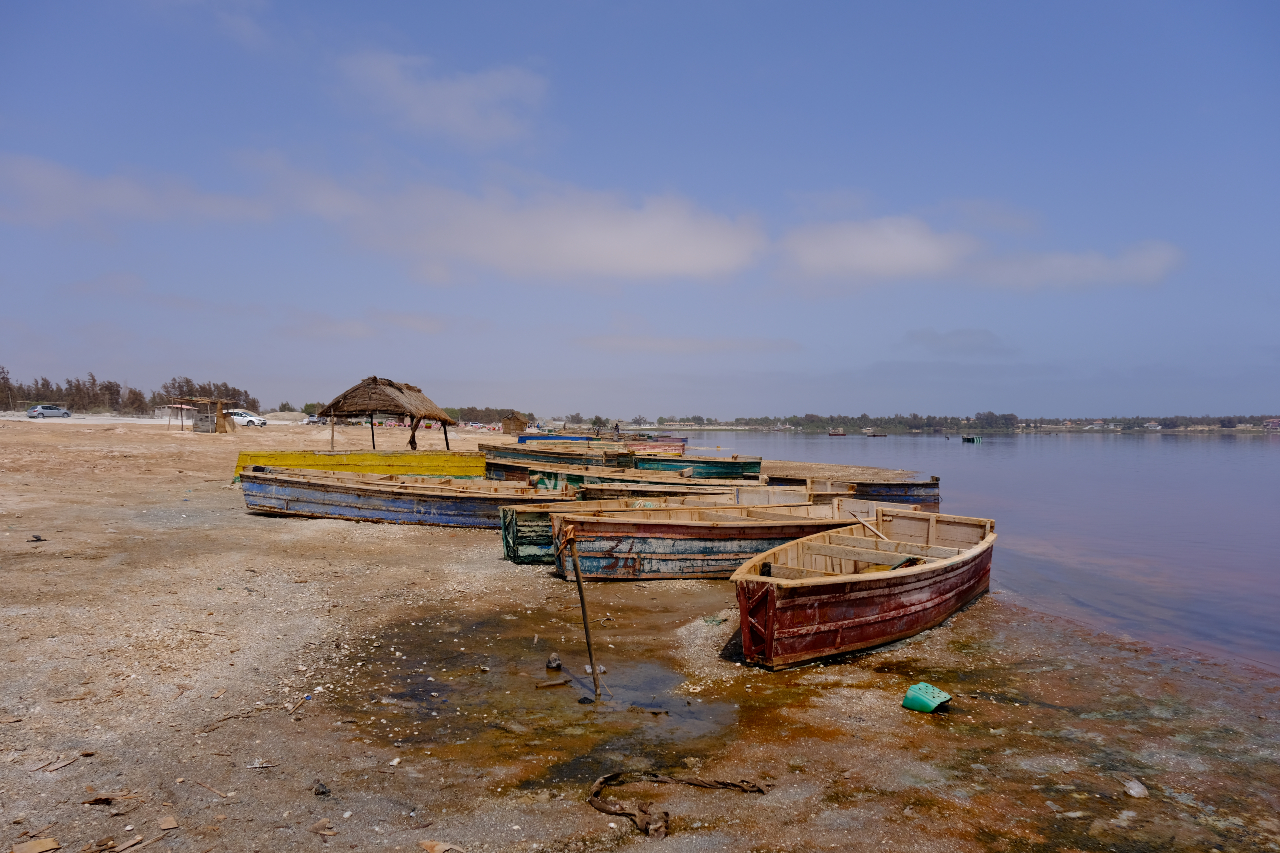
Elena Giacomelli.
It will cost millions to protect the country from further damage. Dunes must be fixed, seawalls built, dykes dug and mangroves will need to be replanted.
Who Pays?
Togo, footed with the bill of the climate crisis, has historically contributed only negligible amounts to the carbon dioxide emissions that have caused the problem.
That’s not fair.
“That’s why we need climate justice now,” says Kaossara.
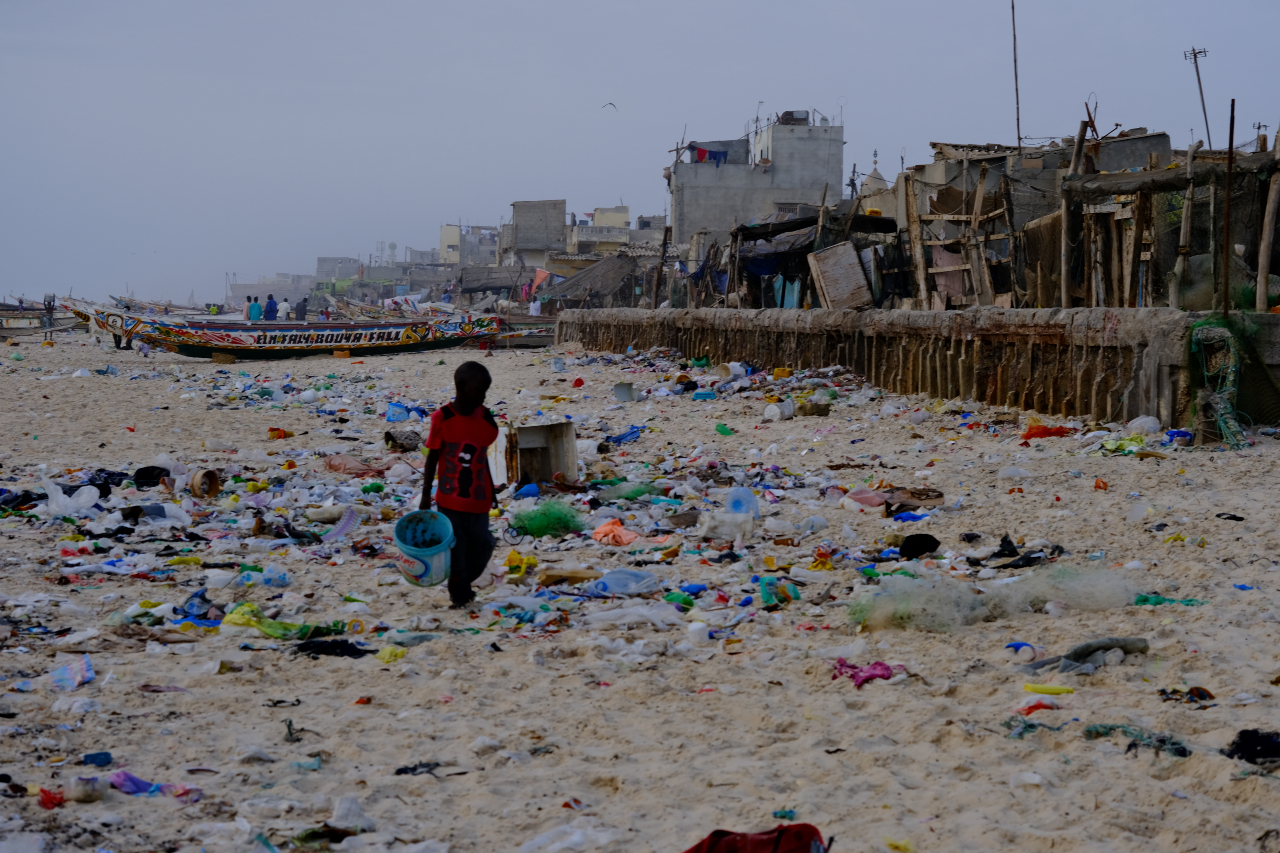
Elena Giacomelli
Climate justice is our theme on today’s FM4 Klimanews Weekly.
Kumi Naidoo, the former director of both Greenpeace International and Amnesty International, now fronts a group he founded called Africans Rising. Kumi was an anti-Apartheid campaigner in his youth.
As a teenager he felt environmentalism was something for the privileged rich to worry about – those who weren’t being repressed for their skin colour. He came to the cause of environmentalism via the cause of social injustice; he saw how a planet heating because of the actions of the rich was hitting the poorest of the poor first. This has influenced his entire approach to the climate issue.
Recognizing The Injustice
“The people who are paying the first and most brutal price from the impact of climate change are the ones who have contributed the least to the problem,” he told me.
“Climate justice therefore involves understanding that the problem is rooted in our economic systems, our energy systems and so on, all of which contribute to the continued suffering of those who are the least responsible for climate change.”
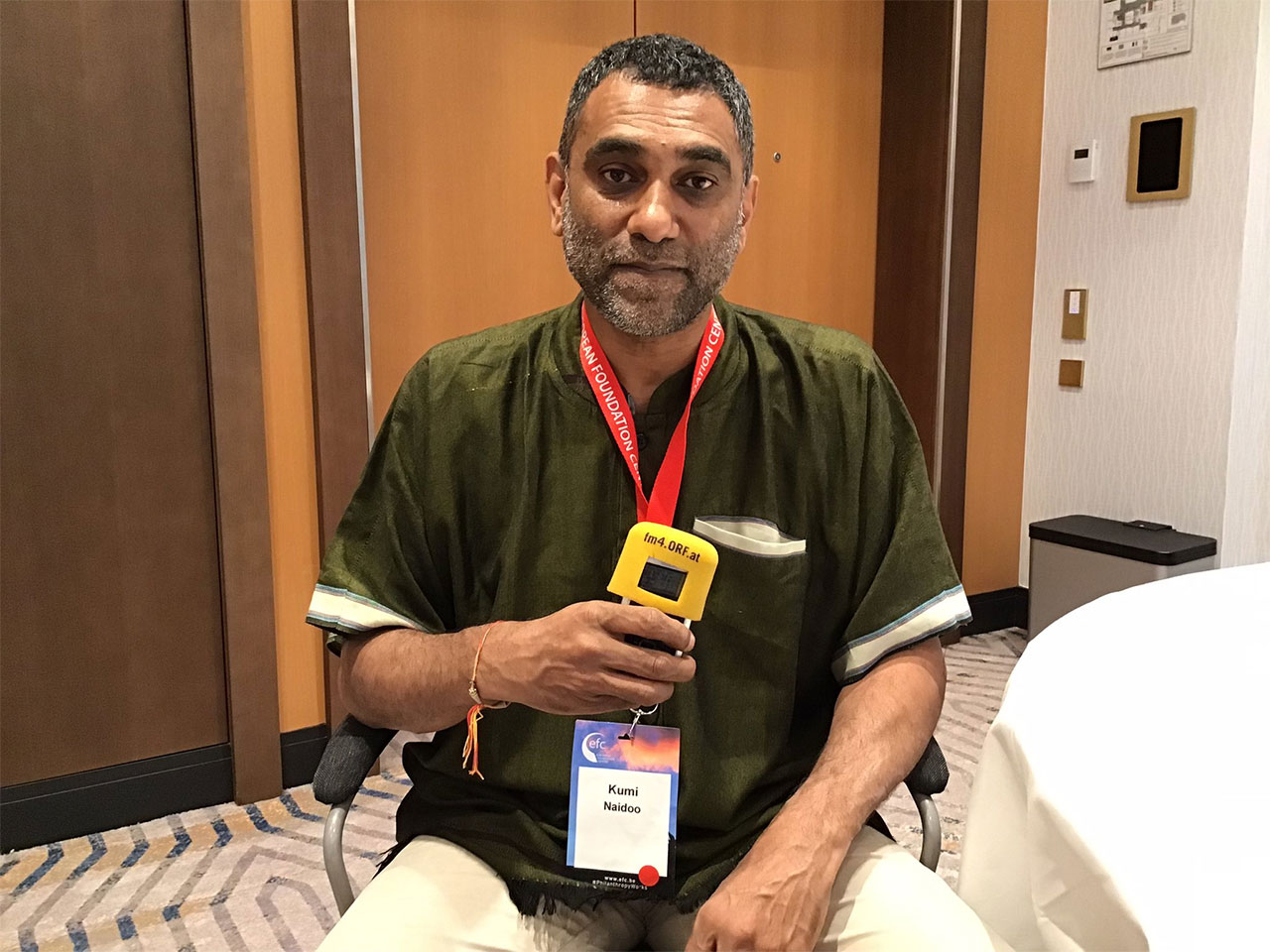
Chris Cummins / Radio FM4
Isabella Szukits is climate justice campaigner at Südwind. She can relate to Kaossara’s story because it correlates with a research project that Südwind has carried out alongside the University of Bologna. Their study focused on Togo’s West African neighbor Senegal.
“People there told us how before there were big palm trees all around the coast and they’re not there anymore. The cities that are on the coasts, like San Louis or Dakar in Senegal are sinking. People tell us they are seeing their houses sinking into the sea.”
Because money is lacking in Togo, explains Kaossara, local people do anything in their power to keep the sea at bay: “They put sand in little bags to try and confront the advance of the sea.” They have been left largely to their own devises. And this shouldn’t be the case.
The $100 Billion Climate Fund
Back at the UN Climate Conference in Copenhagen, rich nations agreed to a mechanism that should have seen them paying large amounts of money to poorer countries to help them adapt to climate change and invest in climate friendly technology. By the year 2020, the transfer of wealth should have been $100 billion dollars per year.
But the money has not come in full and OXFAM has complained that much of the money has come in the form of loans which is only adding to the debt crisis in poorer countries.
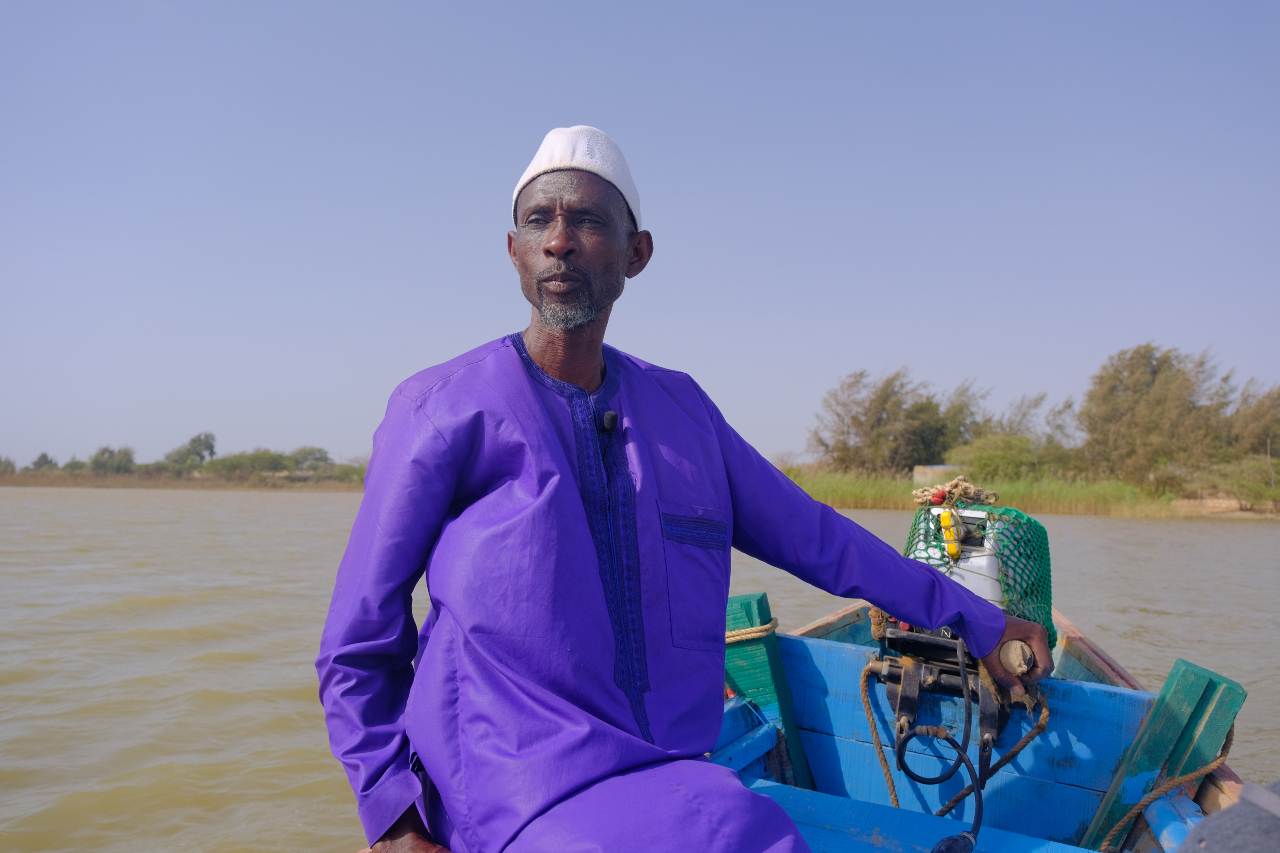
Elena Giacomelli
A Fisherman in Senegal
“Countries should take the responsibility and pay what they have promised to pay,” says climate justice campaigner Isabella Szukits. “Promises are not kept and haven’t been kept for many years.”
Ignored Voices
You don’t hear much about climate justice in the day to day political debate here in well-off Europe but the unfairness of the situation is felt very keenly elsewhere. The climate justice movement typically features very vocally at UN Climate Summits.
These international conferences are meant to be a chance for the world to come together and discuss what should be the global climate action priorities.
Kaossara Sani, however, was one of the activists unable to travel to the recent UN Climate Summit in Glasgow, COP26. There were too many travel restrictions and these restrictions disproportionately affected African countries where COVID vaccines have been less available. An injustice perpetuating an injustice. Also, accommodation was astronomically high in Glasgow.
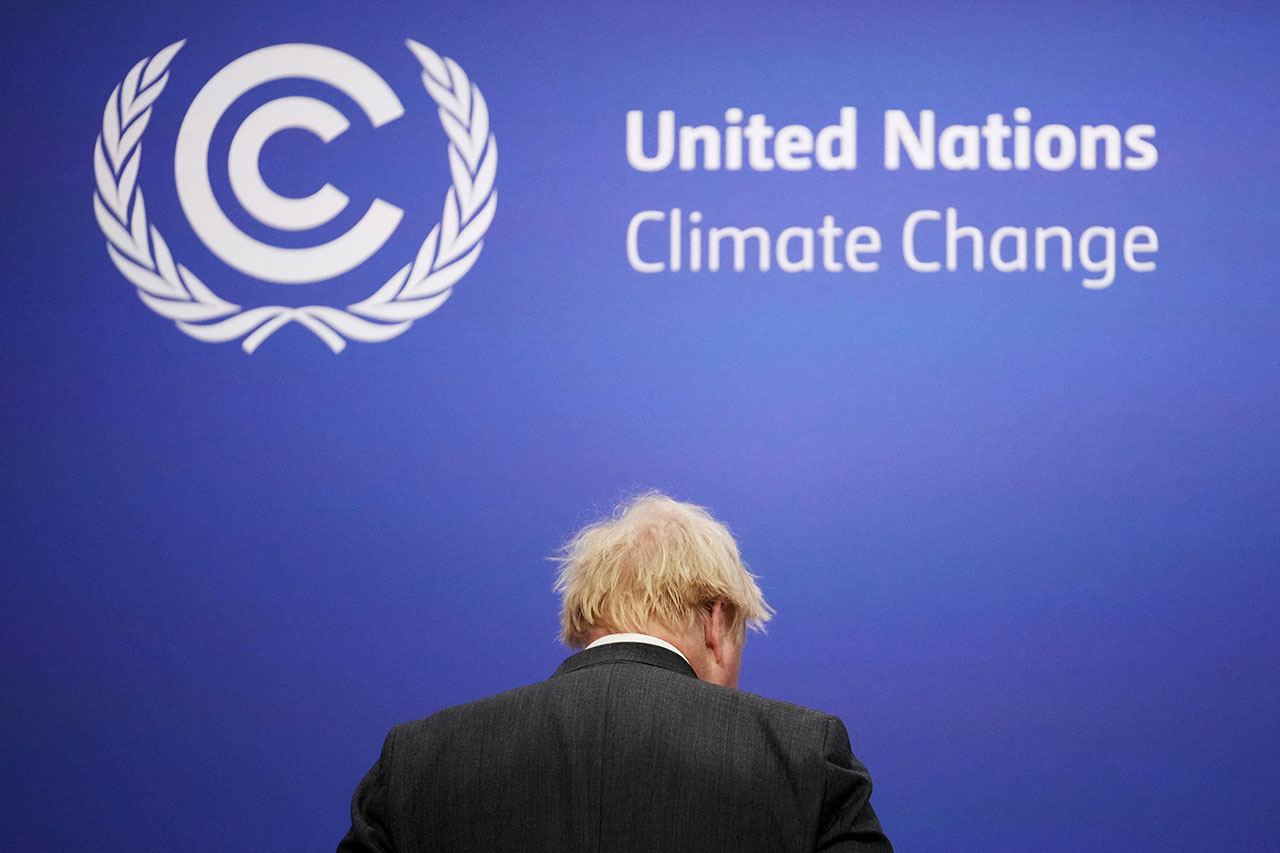
APA/AFP/POOL/Christopher Furlong
That’s actually how I met Kaossara, at least digitally. She sent out a message on social media that her voice was being ignored; in the plenary sessions, in the discussions and in the media which serves the rich world that belches out most of the greenhouse gases.
„We are feeling the heat in Africa“
And yet she is determined that we listen to her now. She says it is important that the climate mitigation money comes, but it is even more important that we act to stop polluting now and try to keep the climate crisis in check: “If you don’t stop your addictions to fossil fuels in rich countries. If you don’t try and find real solutions such as decreasing your emissions we won’t have a future. So please listen to us,” she says.
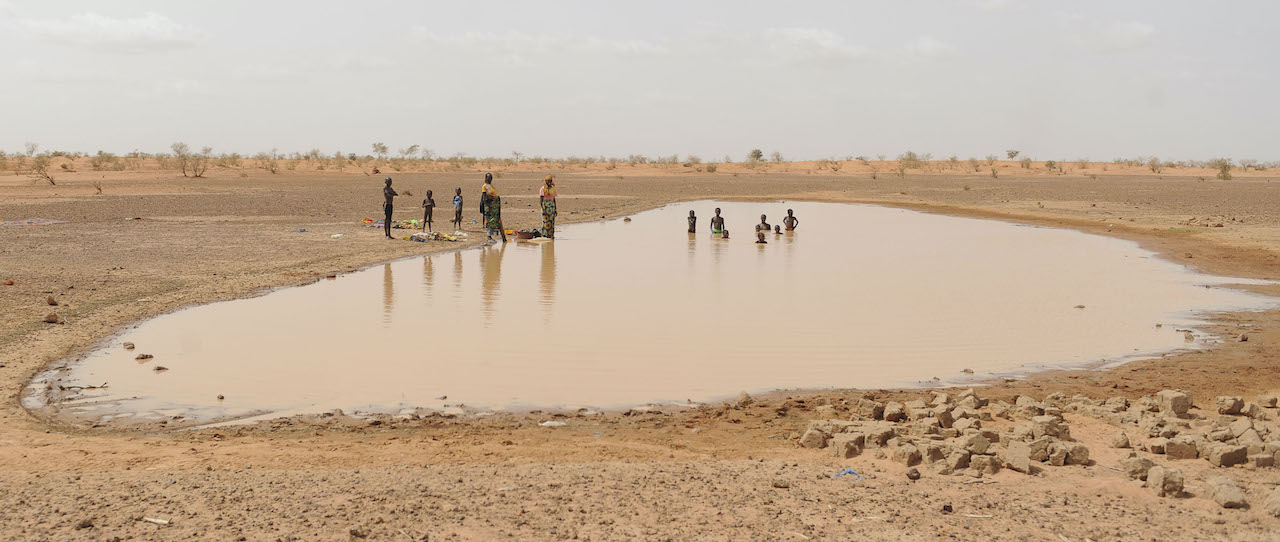
APA/HELMUT FOHRINGER
“We are feeling the heat in Africa. We are feeling the temperature increasing and we are seeing the sea rise. Please if you can do something, if you can raise your voice, do this. Help save me, save all these millions of people who are losing their jobs because fishermen can no longer rely on their activities.”
Adding Insult to Injury
Actually the injustice for the fishing communities of West Africa is exacerbated by EU policy. Rising sea-levels are helping to swamp their homes and, the EU is currently allowing massive fishing ships to guzzle up the West African fish. China is doing the same. These people need help, and we are kicking them in the teeth. Climate injustice is part of a greater systemic injustice and we don’t talk about it nearly enough.
Climate justice campaigner Isabella Szukits of Südwind says that European politicians should think hard about what we mean when we use the term climate justice. “Instead of just focussing on environmental aspects of the climate crisis, they should also be focussing on social aspects. How are people affected by the crisis?”
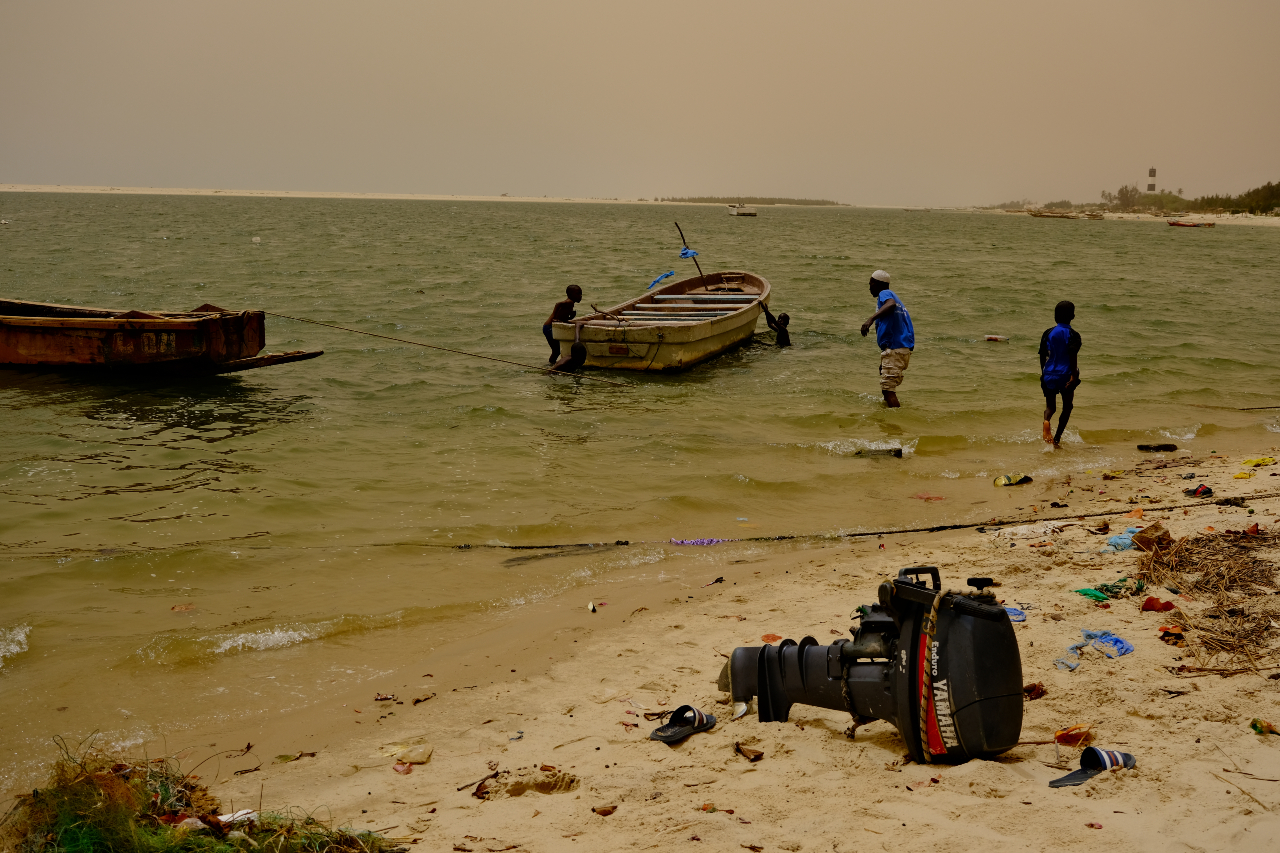
Elena Giacomelli.
Redesign Our systems
Kumi Naidoo insists we need a deep-rooted reform of the way our world is governed; so that there are real consequences for the polluters and real assistance for their victims. It’s not OK that the rich nations continue to pump carbon in the atmosphere, refusing to make any adjustments or sacrifices because they know it is the poorest members of the global community who are suffering now.
“We must redesign our systems to eliminate these patterns of inequality and injustice,” he says.
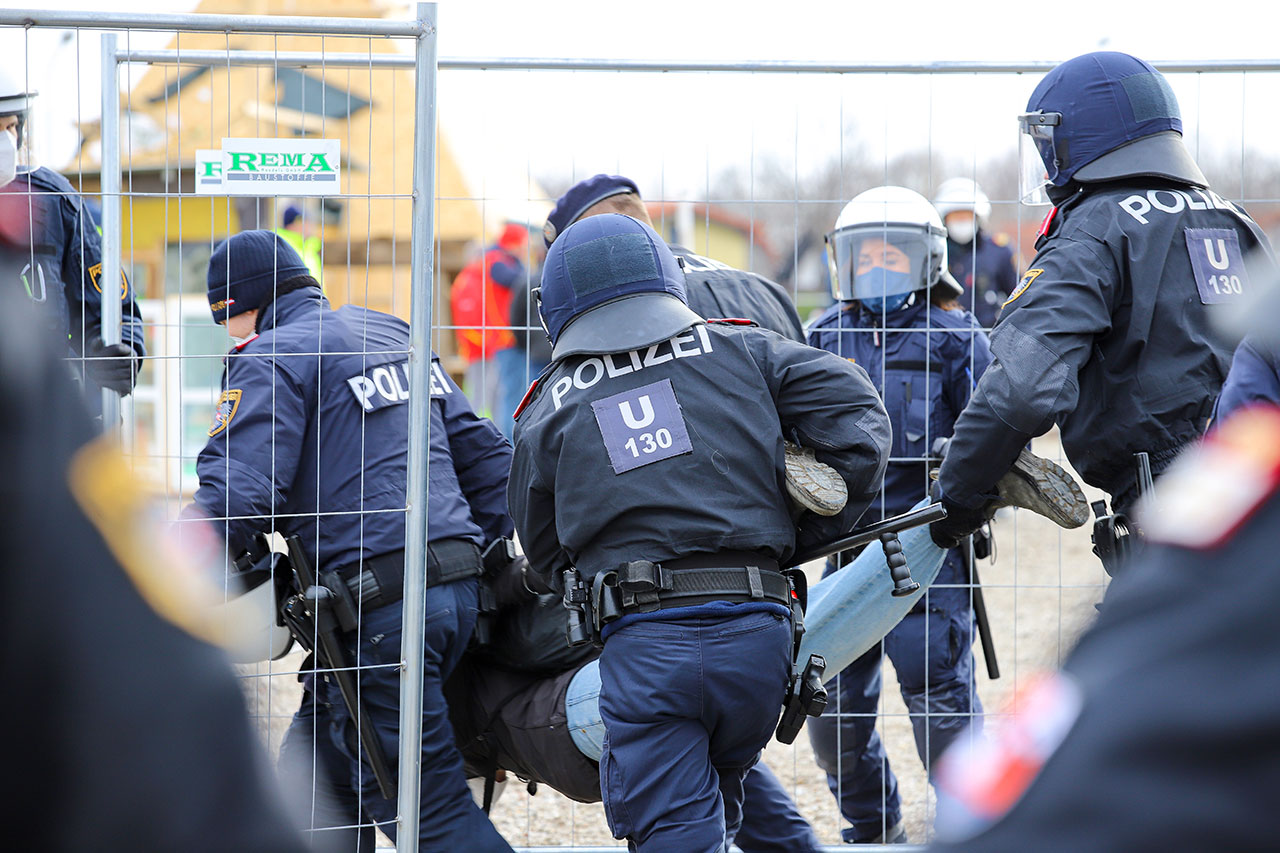
APA/TOBIAS STEINMAURER
I interrupted my work on this episode to cover a breaking story in Austria, a wealthy country where emissions are still rising. Young people had mobilized to tackle this obvious injustice. They had camped out to protest an urban freeway project that would only add to emissions. As I was watching their camp being destroyed I was listening to the words of Kaossara from Togo, directed to voters in the rich world. They seemed particularly relevant:
„Use Your Privilege“
"Please help us and use your privilege and your voice to put pressure on your politicians, on your leaders, to make real decisions, the right decisions to save us and save the planet. Thank you.”
Publiziert am 04.02.2022







